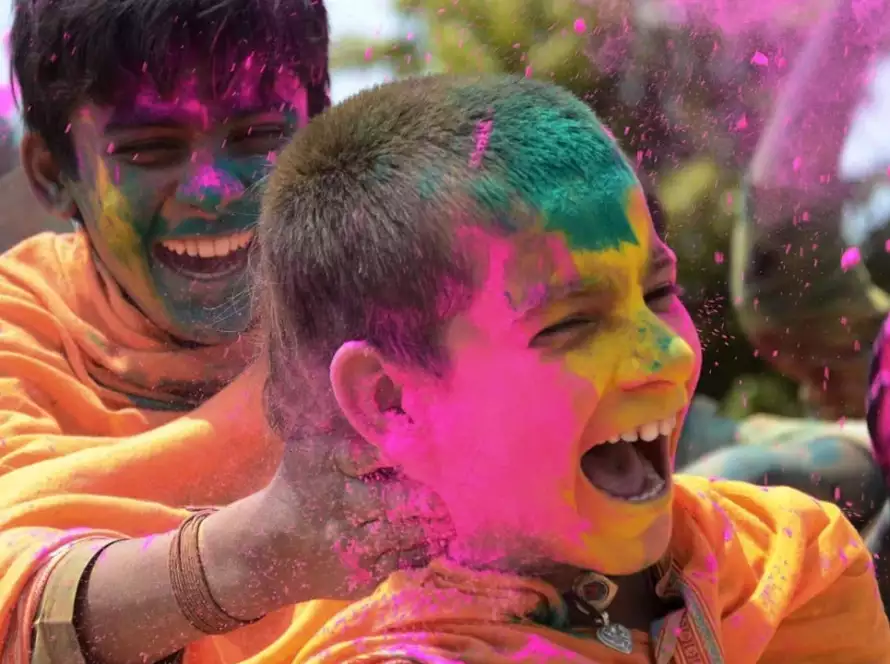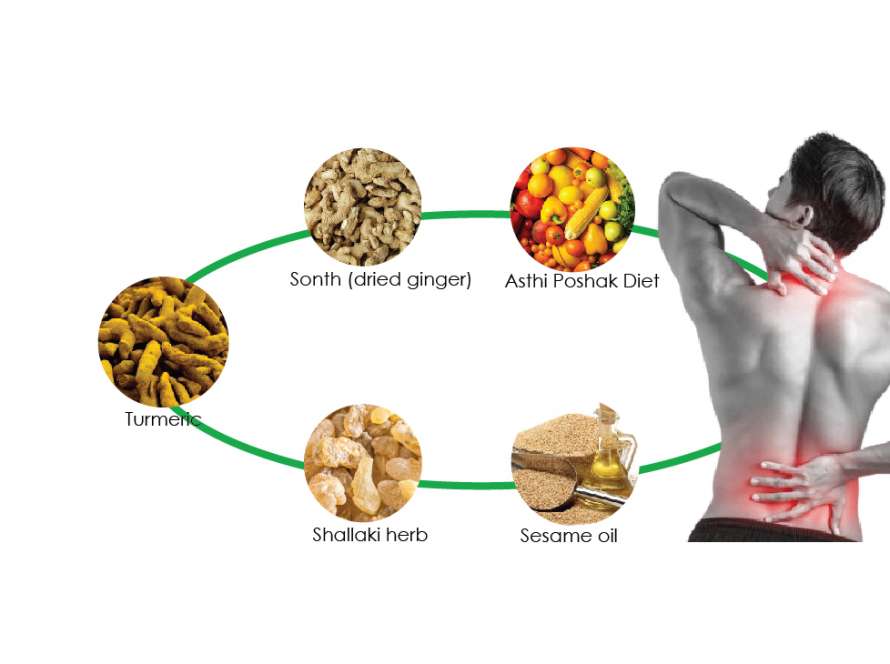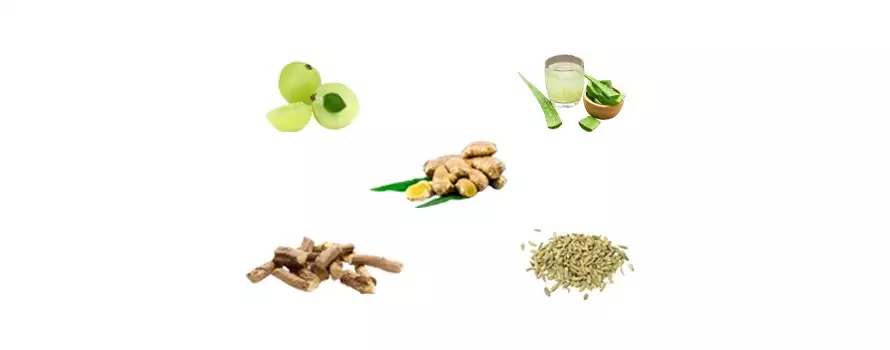The widespread chronic inflammatory illness of the airways known as asthma is characterised by reversible airflow restriction, bronchospasm, and a variety of varied and recurrent symptoms. The inability of air to enter and exit the lungs in an asthmatic patient causes symptoms including coughing, wheezing, shortness of breath, and/or chest tightness.
Asthma is described as Swasa in “Pranavaha Sroto Vikara” as a prevalent lung ailment that frequently impairs breathing. Even while it can also appear in adults, it typically first manifests in children and affects people of all ages. Ayurvedic treatment for asthma can be very effective and can also help to manage the symptoms for a very long time.
Risk factors and causes of Asthma
Asthma is the outcome of an intricate interplay between a person’s genetic traits and their experiences in their environment. It is unclear what causes an asthmatic who is hereditarily predisposed to have the condition. As a result, the following are asthma risk factors:
- Allergic conditions in the family
- Hay fever (allergic rhinitis)
- Viral respiratory illness during childhood
- More exposure to cigarette smoke
- Obesity
- Exposure to air pollution or burning biomass
- Infections like cold or Flu.
- Exercise
Types of Asthma
Usually, there are two types of asthma: allergic asthma and non-allergic asthma.
Allergic Asthma
Exposure to an allergen, such as dust mites, animal hair, or pollen, can result in allergic asthma.
Non-allergic Asthma
Non-allergic Numerous causes, including stress, physical activity, sickness, bad weather, airborne irritants, and some medications, can cause asthma.
Adult-onset Asthma
Sometimes adults are the ones who first notice asthma symptoms. Asthma with adult onset is what this is.
Exercise-induced bronchoconstriction (EIB)
Healthy adults can get asthma symptoms while exercising.
Occupational Asthma
Inhaling dust, gases, fumes, or other potentially harmful elements during work might cause occupational asthma.
Millions of kids with asthma have an impact on their families. In actuality, asthma strikes the majority of kids by the age of five.
Many asthmatics are now reliant on inhalers, however, there are holistic therapies that can help keep the symptoms of asthma under control so that it does not significantly affect your life.
Ayurvedic Treatment for Asthma
Wheezing, coughing, fever, and irritation are Pitta Dosha symptoms, which are said to be the result of an unbalanced Kapha. Wheezing, dry mouth, thirst, dry cough, dry skin, anxiety, and constipation are symptoms of Vata Dosha-related asthma.
The two most popular Panchakarma techniques—Varechana and Vamana—are particularly efficient Ayurvedic treatments for asthma.
Vamana
The patient ate Vamana herbs such as liquorice, sweet flag, and emetic nut. These herbs cause therapeutic vomiting, which clears the upper digestive system of the unbalanced Dosha.
Virechana
The patient is forced to ingest herbal cleaning remedies that help eliminate toxins via the anal channel while guaranteeing their health.
Rasayana Therapy
Patients get oral medications and food guidance following Panchakarma therapy. Rasayana treatment strengthens immunity, prevents recurrence, restores normal bodily function, and aids in the long-term battle against the disease.
Ayurvedic remedies for Asthma
The herbal asthma treatments Agastya Rasayana and Chyawanprash are widely renowned for their effectiveness.
Chyawanprash – a rich source of Vitamin C
One teaspoon of Chyawanprash is typically taken three times per day. For best effects, use it with honey and Sitopaladi Churna.
Agastya Rasayana
In general, Agastya Rasayana is advised if asthma results in constipation. Ayurvedic practitioners advise using honey, black pepper, and onion juice as a powerful at-home treatment for asthma.



